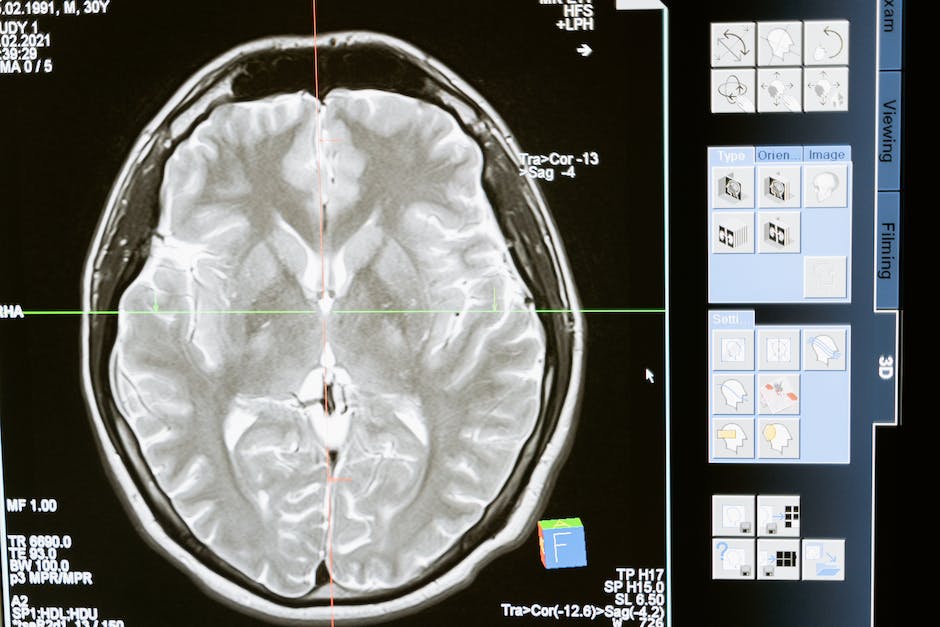
Contents
What is Ultraviolet (UV) Radiation?
Ultraviolet (UV) radiation is a type of electromagnetic radiation emitted by the sun. UV radiation is invisible to the human eye, but is typically categorized into three types – UVA, UVB, and UVC. UVA and UVB are the most commonly experienced types of UV radiation.
Why is Ultraviolet (UV) Radiation Harmful To Your Skin & Health?
Extended exposure to Ultraviolet (UV) radiation can be dangerous to your skin and health due to its damaging, mutating properties. UV radiation has been linked to an increased risk of skin cancer, premature skin ageing and skin problems such as sunburn, as well as eye damage, such as cataracts, and immune system suppression, particularly in people with vulnerable skin.
Consequences of Long-Term UV Radiation Exposure
Long-term UV radiation exposure can cause a variety of physical consequences including:
- Skin Cancer: Prolonged exposure to UV radiation has been linked to an increased risk of skin cancers, such as melanomas and other non-melanoma skin cancers.
- Premature Skin Ageing: Prolonged exposure to UV radiation can cause premature skin ageing, leading to wrinkles, loss of skin elasticity, age spots, freckles and other visible signs of ageing.
- Sunburn: UV radiation can cause sunburn, particularly in people who have fair or sensitive skin. Sunburn can be painful and lead to peeling and blistering.
- Eye Damage & Vision Loss: Exposure to UV radiation has been linked to eye damage and vision loss, such as cataracts, macular degeneration and pingueculae (raised bumps on the whites of the eyes).
- Immune System Suppression: UV radiation has been linked to reduced immunity, in particular in people who have sensitive skin or those who suffer from conditions such as lupus.
Preventing UV Radiation Exposure
It is important to take steps to protect your skin and health from UV radiation. The most effective way to prevent UV radiation exposure is to minimise your time in the sun, particularly during the hours of 10am – 4pm when UV radiation is at its strongest. Additionally, it is important to seek shaded areas or wear a wide-brimmed hat when outdoors. Applying a broad-spectrum sunscreen with an SPF of 30 or more and reapplying it every two hours is also recommended.
Conclusion
In conclusion, Ultraviolet (UV) radiation is an invisible type of electromagnetic radiation that can cause a variety of health problems, including skin cancer, premature skin ageing, sunburn, eye damage and immune system suppression if exposure is not managed properly. To protect your skin and health from UV radiation, it is important to minimise your time in the sun and to cover up with appropriate clothing, such as a wide-brimmed hat, and also apply a broad-spectrum sunscreen with a SPF 30 or greater every two hours.
